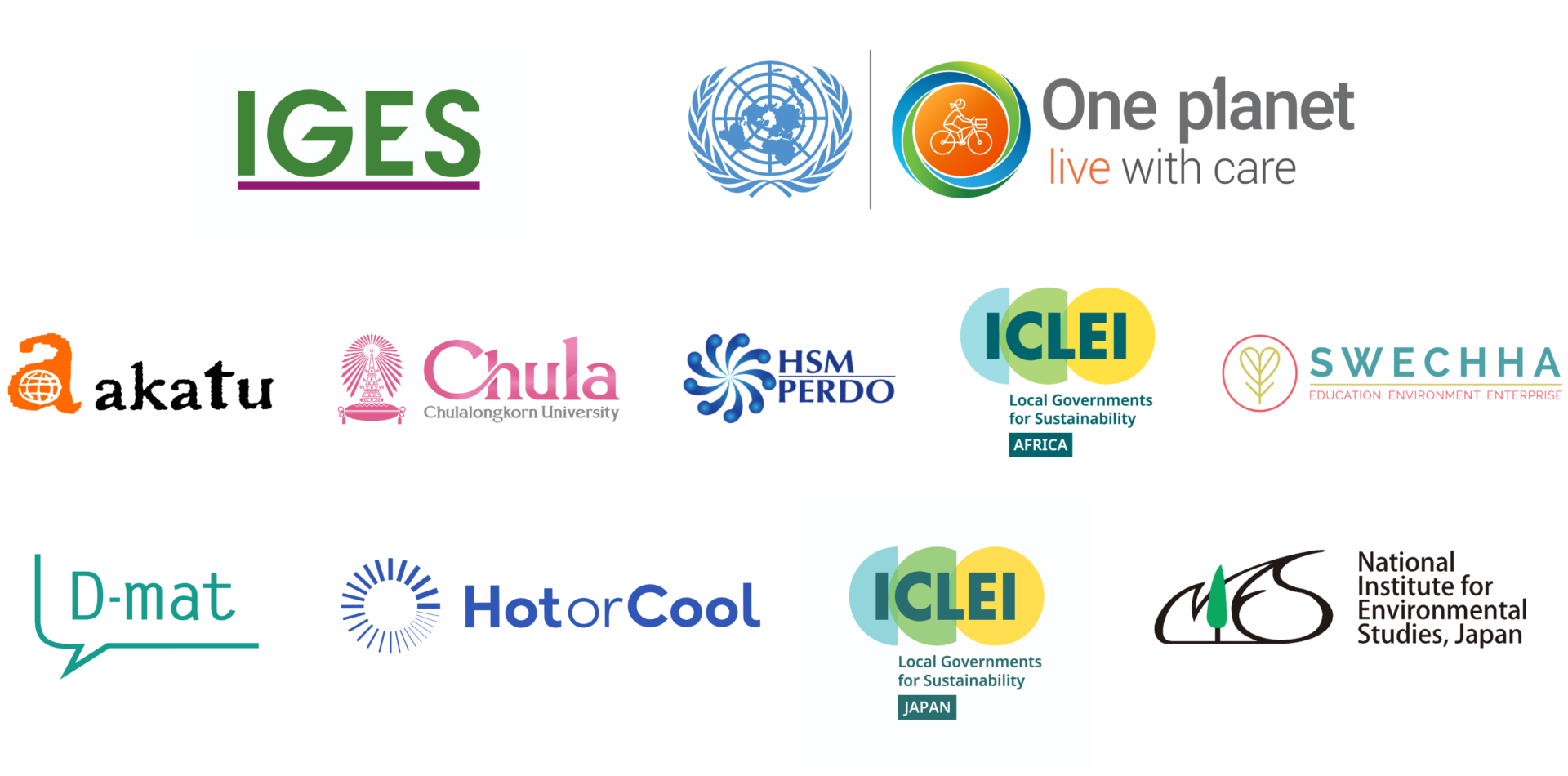Yokohama
In Yokohama, household consumption is responsible for the annual emission of about 7.1 tons of CO2 equivalent per person per year. This calls for a reduction of household consumption emissions by 64 per cent or more for achieving the target of 2.5 tons of CO2 equivalent by 2030 and implementing lifestyles in line with the 1.5 °C target of the Paris Agreement.
Read more about the Yokohama vision in the city brief.

Telework: -280kg
CO₂e/cap/yr
Live close to working
place: -190kg
CO₂e/cap/yr
Bicycle commuting:
-220kg CO₂e/cap/yr
Train commuting:
-200kg CO₂e/cap/yr
Bus commuting:
- 150kg CO₂e/cap/yr
Buy in bulk: -140kg
CO₂e/cap/yr
Fun in the
neighbourhood:
-100kg CO₂e/cap/yr
Private bicycle travel:
-470kg CO₂e/cap/yr
Online homecoming:
-170kg CO₂e/cap/yr
Long holidays in Japan:
-60kg CO₂e/cap/yr
Ridesharing /
Car sharing: -510kg
CO₂e/cap/yr
Electric vehicles
(renewable energy
charging): -470kg
CO₂e/cap/yr
Electrification with IH
cooking heater + renewable
energy (electrification of
cooking): -1350kg
CO₂e/cap/yr
LED bulbs: -90kg
CO₂e/cap/yr
Thermal Insulation
Renovation: -140kg
CO₂e/cap/yr
Regulate temperature
by clothing: -110kg
CO₂e/cap/yr
Power generation by
rooftop solar panel:
-1280kg CO₂e/cap/yr
Switching to 100%
renewable energy
electricity: -1230kg
CO₂e/cap/yr
Compact housing:
-240kg CO₂e/cap/yr
Zero-energy house:
-1820kg CO₂e/cap/yr
Balanced and healthy
home cooking: -40kg
CO₂e/cap/yr
Balanced, healthy
drinks and snacks:
-130kg CO₂e/cap/yr
Eating out in a
balanced and healthy way:
-30kg CO₂e/cap/yr
Reducing food loss
at home: -40kg
CO₂e/cap/yr
Diet centered on
vegetables and legumes
(Vegan food): -340kg
CO₂e/cap/yr
Careful selection and
recycling of clothing:
-190kg CO₂e/cap/yr
Careful selection and
recycling of electrical
products: -50kg
CO₂e/cap/yr
Careful selection
and sharing of books
and magazines, the
use of libraries and
e-books: -20kg
CO₂e/cap/yr
Community recreational
activities: -250kg
CO₂e/cap/yr
Local eco-tourism:
-90kg CO₂e/cap/yr
Illustration by Tania Vicedo
The project participants envision Yokohama to continue its prominence of innovation, cultural diversity, beaches and hills, and with ample green spaces. Having one of the most inclusive transport strategies, the Yokohama citizens envision building upon this and find more alternative forms of public transport to reduce private car use. In addition, several PV urban farms and roof top solar PVs are installed, renewable energy is used, citizens make informed food choices and reduce red meat consumption, and urban parks will serve multiple functions, including vegetable and fruit gardens.
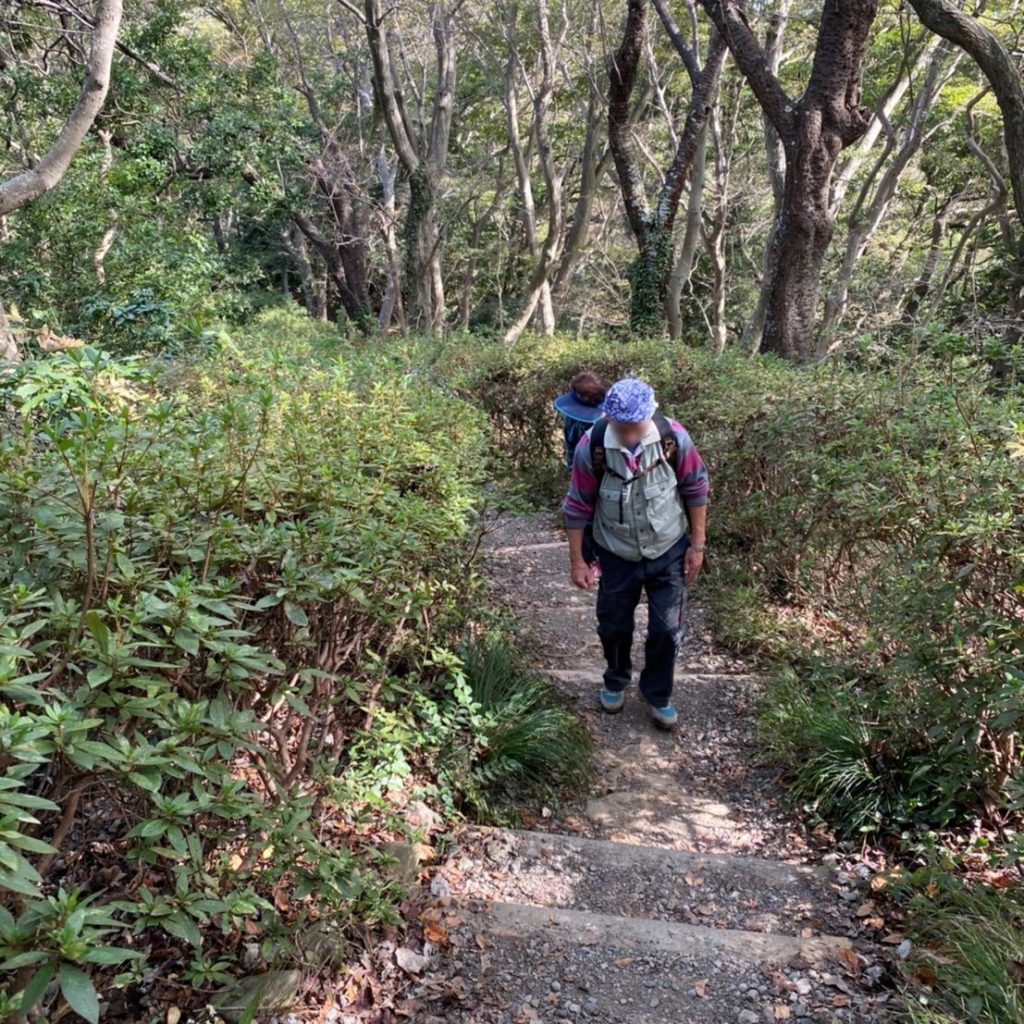
Low-mountain hikes that take about 30 minutes by train can be found in Yokohama: “The trail is well maintained, making it easy for anyone to walk"
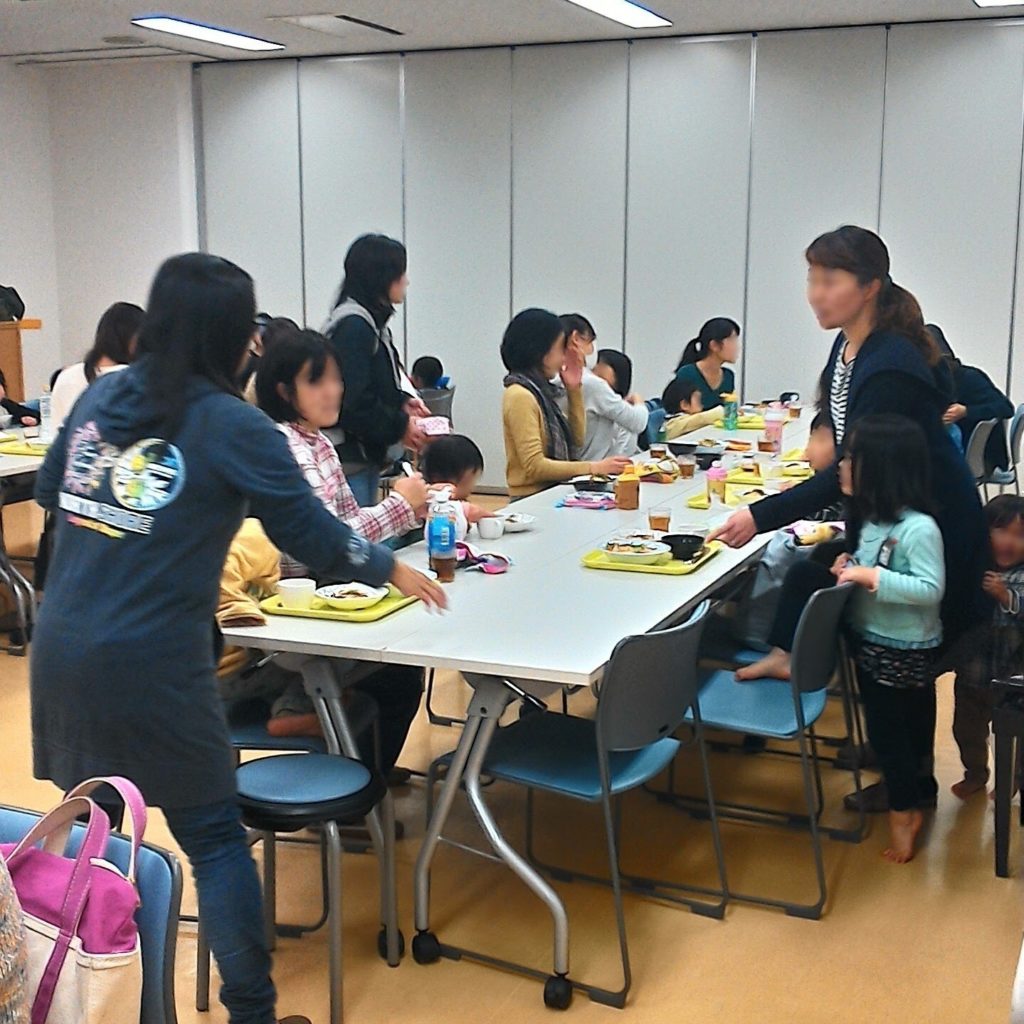
The project participants of the household experiments held in Yokohama thought it was an interesting experience and wish to continue on the path towards 1.5-degree lifestyles. The participants think it is crucial to raise awareness to involve more people across all generations. The participants have also shared their experience in learning more about eco-tourism and places to visit in the area. Community spaces are among the places where these exchanges have been held, and a place to reach out and collaborated with more people in the local communities.
One of the participants shared her way of reducing clothes consumption due to a child’s growth. The participant finds second-hand clothing in good condition and quality, adjusts the size to fit the child and can therefore extends the lifespan of the clothes. When the child outgrows the clothes, the clothes are passed on to another child.
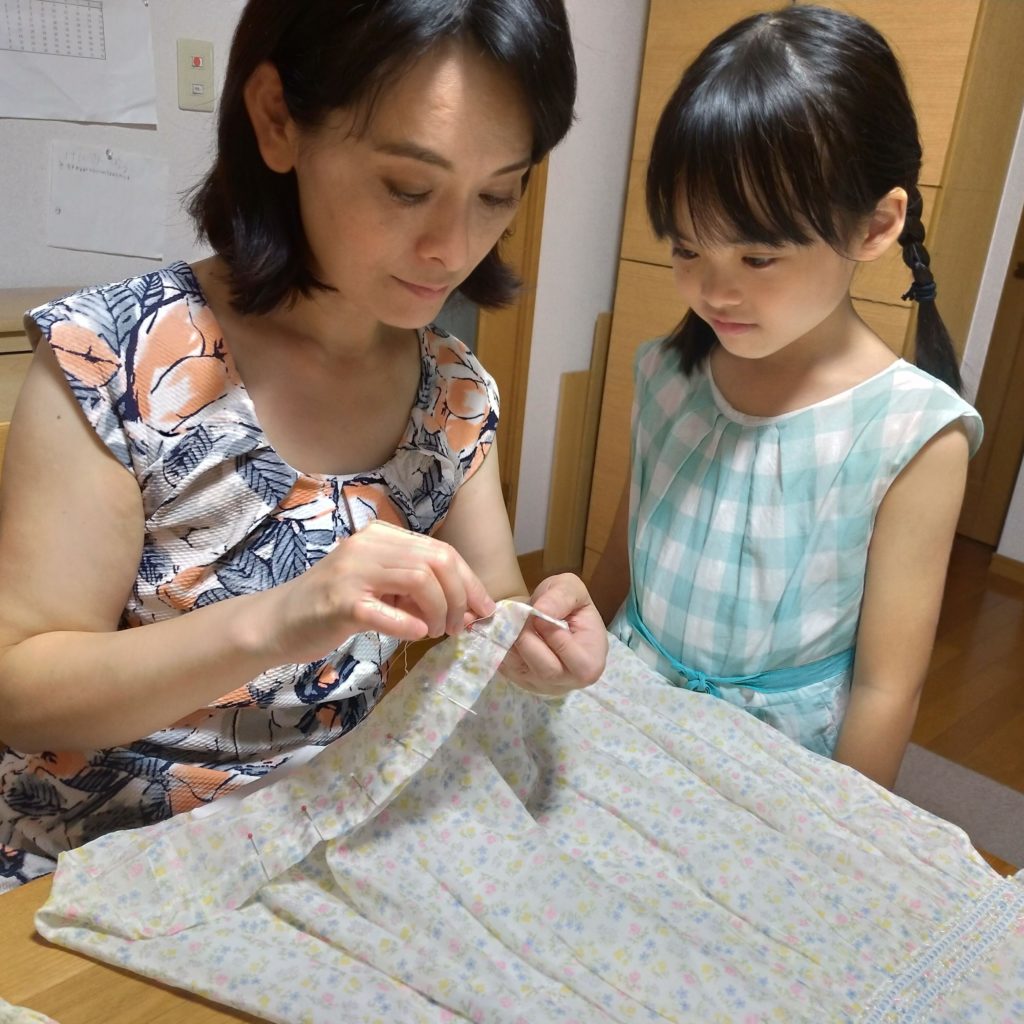
Fixing the length of a child’s dress… This is my idea of not wasting clothes.
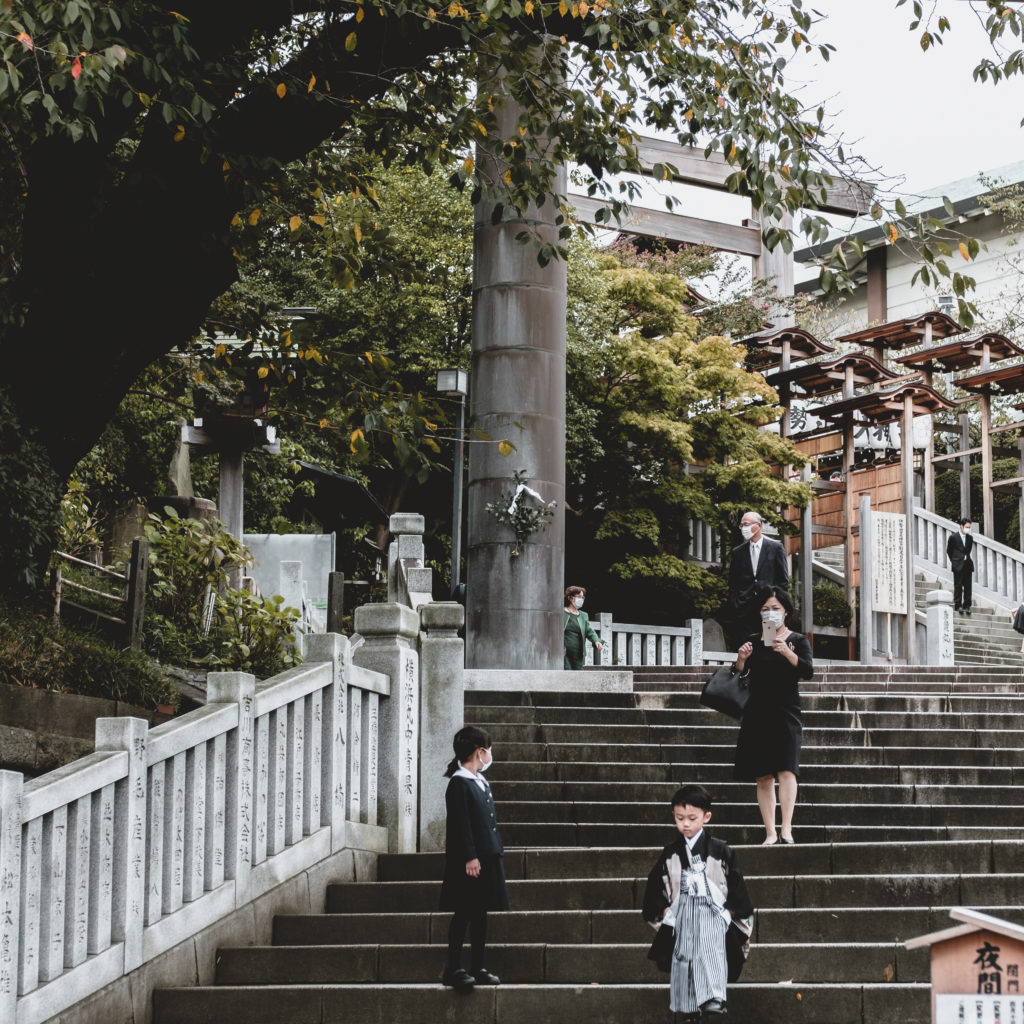
While many of the participants showed a great interest in considering and adopting low-carbon lifestyle options to their everyday lives, a few barriers were found in some of the options. An example is the different road conditions for changing to riding bicycles – the traffic changes depending on the city location.
